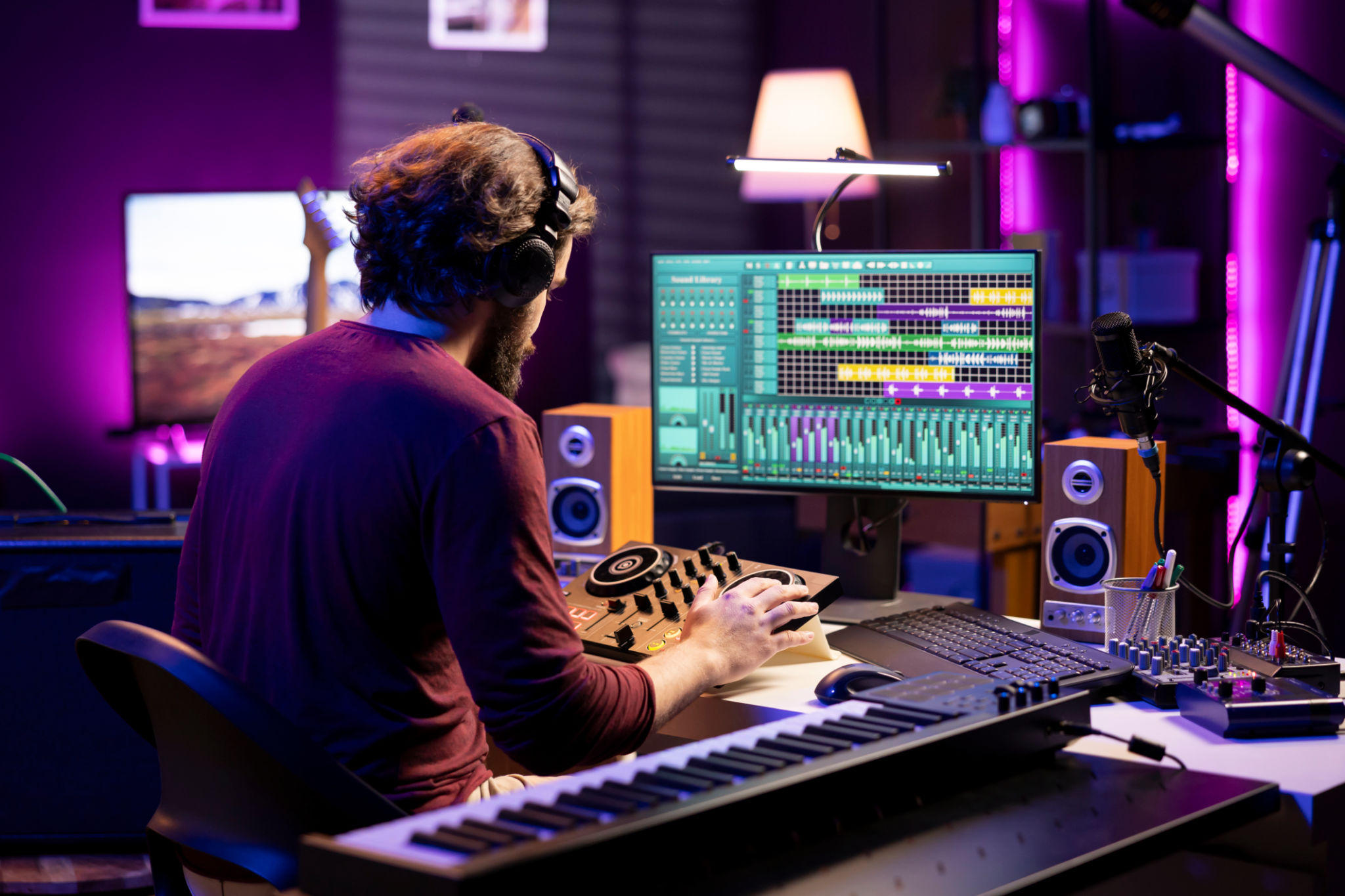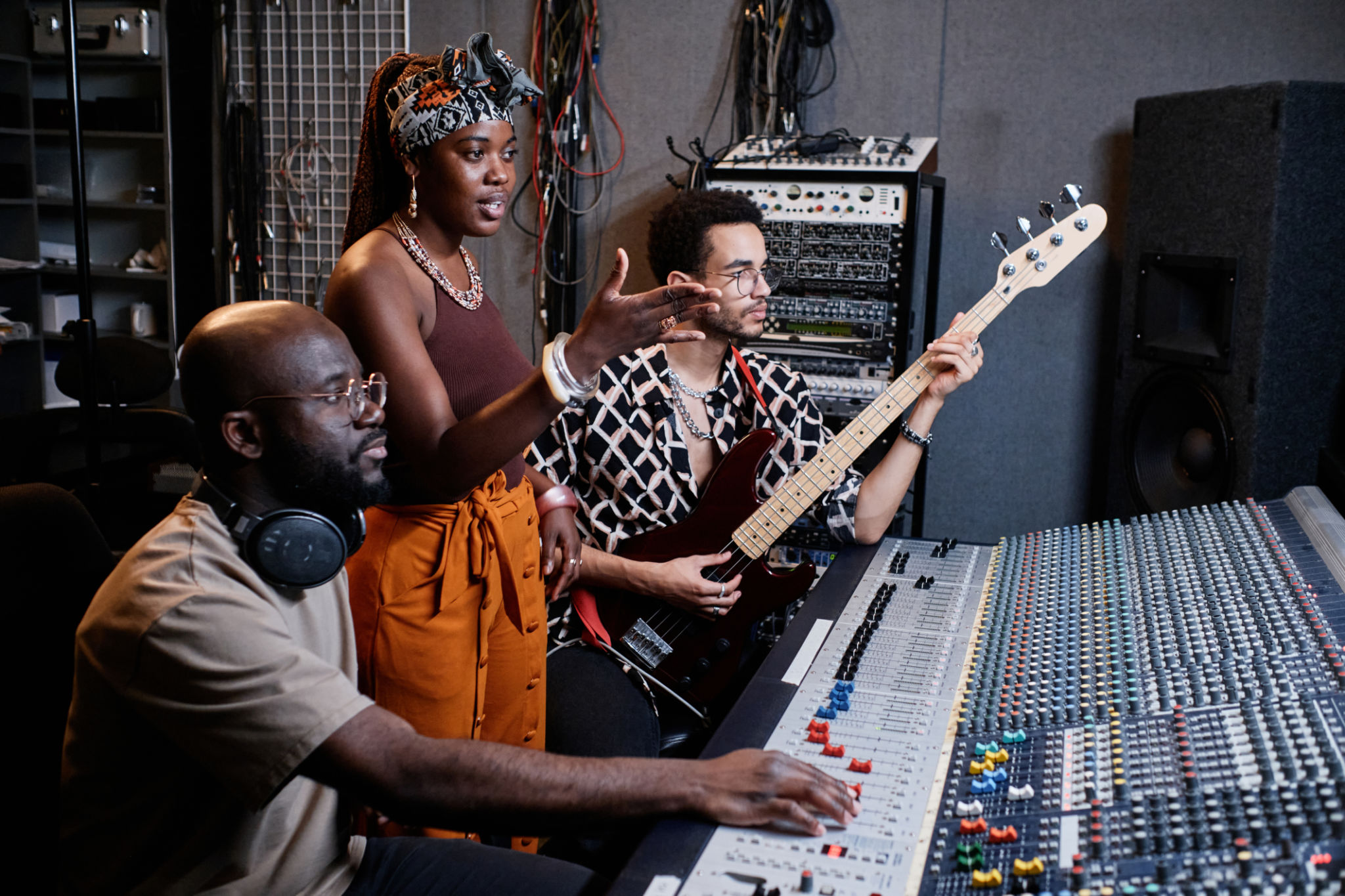Beginner’s Guide to Producing African Electronic Music at Home
Getting Started with African Electronic Music
For many music enthusiasts, the allure of creating unique and vibrant sounds is irresistible. The rich tapestry of African electronic music offers a fresh and exciting journey for beginners eager to delve into music production. This guide will walk you through the essential steps to start producing African electronic music right from the comfort of your home.

Understanding the Genre
African electronic music is a broad genre that encompasses a variety of styles and influences from across the continent. It blends traditional African rhythms and melodies with modern electronic elements. To truly capture its essence, it's important to familiarize yourself with different subgenres like Afrobeat, Gqom, Amapiano, and Kuduro. Listening to various artists within these styles can provide inspiration and a deeper understanding of the sounds you wish to create.
Setting Up Your Home Studio
Creating a home studio doesn't have to be expensive or complicated. Start with a basic setup that includes a computer with music production software (DAW), a MIDI keyboard, and headphones or studio monitors. Software options like FL Studio or Ableton Live are popular among producers for their versatility and user-friendly interfaces. As your skills grow, you can gradually expand your equipment.

Exploring Traditional Instruments and Sounds
Incorporating traditional African instruments can add an authentic touch to your music. Instruments like the djembe, marimba, and kora bring unique textures and rhythms. Many DAWs offer virtual instruments or plugins that simulate these traditional sounds, allowing you to experiment without needing physical instruments.
Learning the Basics of Music Theory
Understanding basic music theory can greatly enhance your production skills. Concepts like scales, chords, and rhythm patterns are crucial when crafting your tracks. Online resources and tutorials can be invaluable for beginners looking to grasp these fundamentals. Focus on learning simple progressions and rhythmic patterns commonly found in African music.

Experimenting with Beats and Rhythms
African electronic music is renowned for its complex and infectious beats. Experimenting with different drum patterns is essential to capturing the genre's essence. Use your DAW's drum machine or sample packs to layer traditional African percussion with electronic beats. This fusion creates the signature sound that defines African electronic music.
Collaborating and Sharing Your Music
Collaboration is a key element in the growth of any artist. Connect with other musicians and producers online through forums and social media platforms. Sharing your work not only helps you gain feedback but also opens opportunities for collaboration. Websites like SoundCloud or Bandcamp are excellent platforms to showcase your creations.

Continuously Learning and Evolving
The world of music production is ever-evolving, and staying updated with new trends and techniques is crucial. Attend workshops, take online courses, and immerse yourself in the community to continually refine your skills. Remember, the journey of creating African electronic music is as rewarding as the destination itself.
Embrace the creativity and cultural richness of African electronic music as you embark on this exciting musical adventure. With dedication and passion, you'll soon be producing tracks that resonate with listeners globally.